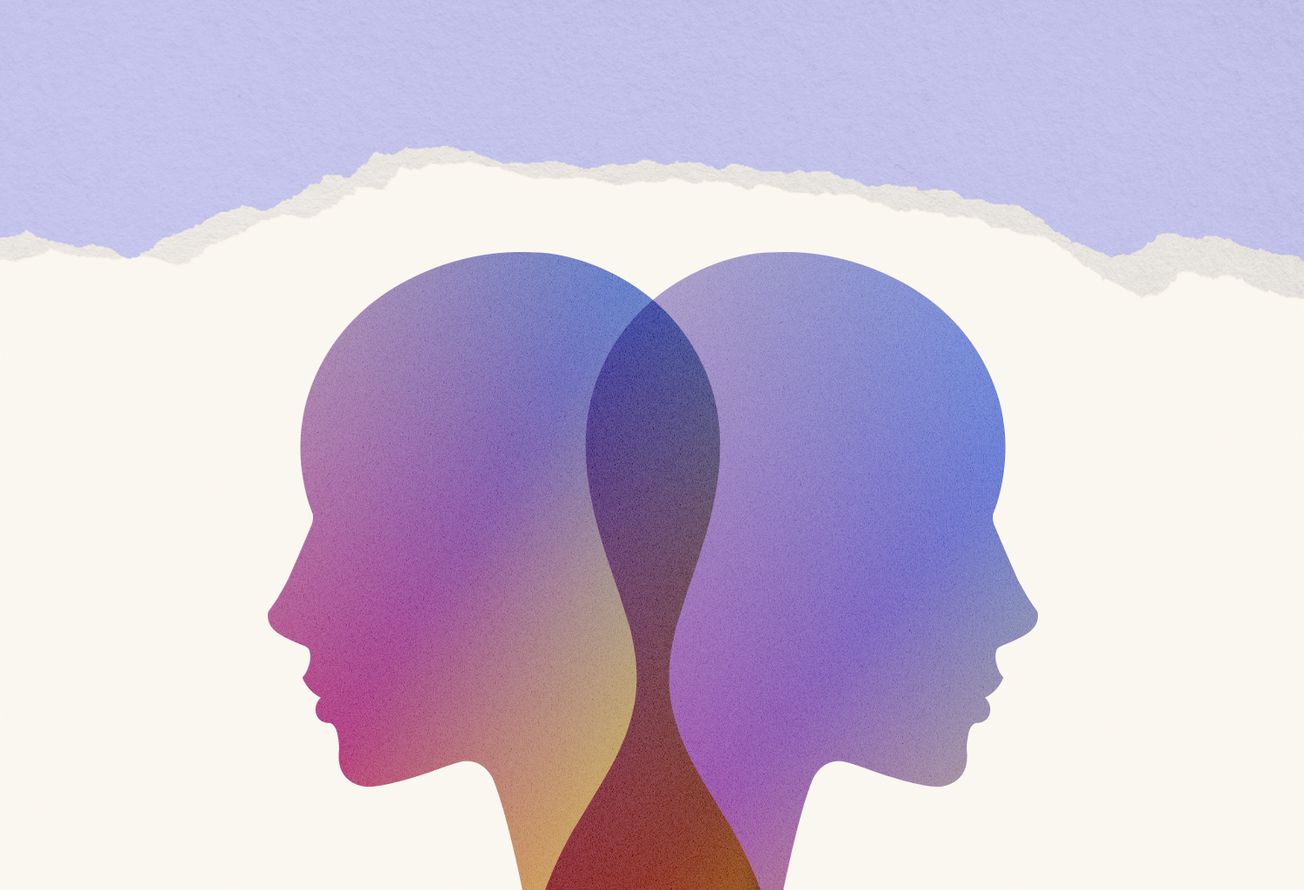Heterosexuality has been under siege since second-wave feminism. And yet it continues to hold sway, not only among self-identified heterosexuals but also those who disavow and critique it. It visibly shapes our lives and yet, renders itself invisible through its banality, its mythical status as “natural,” as a timeless, transhistorical notion that always existed.
1. Heterosexuality reinforces the binaries of sex and gender
Both a sexual identity and a social institution, heterosexuality reinforces the binaries of sex and gender and normalizes itself as the default state of sexual orientation, pathologizing other sexualities. Heteronormativity has acted as scaffolding for patriarchy’s stranglehold over not only our ideologies and discourse, but our own imaginations as humans. This is revealed in the myriad ways social policy has marketed and promoted heteronormativity, exemplified by the fact that even today, citizenship rights are often a function of sexual orientation.
2. The LGBTQ+ movement has brought about a shift and is here to stay
The mainstream discourse on heterosexuality is shifting to a wider embrace of varied, fluid sexualities. Like the dismantling of the gender binary as constructed, sexuality, too, is being revealed as the figment of our collective imaginations and as something rooted in biology or some innate, natural source.
In countries like the United States and Spain, not only is marriage no longer the exclusive right of heterosexual couples, gay cultures, slang, and icons are celebrated in popular media, cis-hetero people openly champion gay rights and denounce homophobia, and LGBTQ+ friendly policies are now the norm in most large corporations. This cultural shift is mostly attributable to the gay rights movement but has also benefited from the rise and dominance of identity politics.
This, of course, doesn’t mean that homophobia and transphobia no longer exist. Like sexism and racism, they are entrenched in our societies, even though the tireless activism of millions of people has ensured certain, albeit limited, victories in the fight against bigotry and discrimination. After all, the powerful do not easily yield to adversaries- their stubborn affection for the status quo is glutinous and they have institutional backing to crush dissent.
3. Heterosexuality's dominance makes it hard for non-heteronormative relations to be embraced freely.
“Choice feminism” might proclaims any choice made by a woman is inherently feminist but it ignores the initial conditions and final outcomes. Similarly, making the choice of being heterosexual or not is limited by one’s material conditions. The question is: who gets to express their sexual identities and embrace non-heteronormative relations? What are the conditions that allow one to do so? Is the assertion of one’s identity merely cultural or does it extend to one’s economic and social status too? If so, perhaps the slogan “love is love” needs to be modified into “love is love (for those who can afford it).”
While studies have shown a positive correlation between per capita GDP and legal rights for LGBTQ+ people, it is no less likely that a country’s economic wealth impacts the latter, rather than the other way around. Class divisions exist in queer communities too and accordingly, inform queer practices. There are wide disparities in queer rights among nations . Organising one’s life around non-heteronormative standards can often be a privilege, not a right, making it potentially easier to live an “alternate,” open lifestyle if one has the assurance of financial stability and social capital.
Non-dyadic, non-normative partnerships should become the norm. But social relations are shaped by and often contingent upon economic and political conditions. Poverty, low wages, precarity, and race may not allow a person to explore and adopt alternate forms of relationships (like polyamory). Openly engaging in non-monogamous relationships comes with the risk of ridicule and ostracization.
4. Heterosexuality is blocking the path to people's claims to civil society
It is known that many women, including victims of domestic violence, continue to stay in heterosexual partnerships because of economic and social compulsions. Breaking free is a magic wand not accessible to all and factors such as race, religion, caste, community, disability necessitate the performance of heterosexuality, coerced or not. And because not all rebellions are created equal, for specific groups, the cost of subversion is much higher. For instance, consider the well-documented double standards with which female sexuality is perceived- there are real world consequences, from higher incidence of sexual violence to blatant victim blaming. Non-conformity to normative standards has risks and rewards- but the risks are not widely spread and the rewards are not equally distributed.
For people from marginalized groups, hetero institutions like marriage facilitate a way towards earning respectability in society, a form of signaling one’s claim as a member of civil society, a path to escape the worst excess of their lower status, work towards social mobility, and gain legal recognitions, social capital, and economic assets. These impact their actual material conditions, even if the trade-off is repressing their sexual needs and desires. Like gender, performing respectability is a key component of living a normal, “white-adjacent” life, problematic as that may be. The politics of respectability is something that people have to navigate every day , forcing them to forgo non-conformity. To use an analogy, if choosing one’s relationship type is like picking from a restaurant menu, the options available are not just more expensive, they also come with a dietary restriction. So a real choice doesn’t even exist in the first place.
5. Sexual liberation should be accessible to all.
The objective shouldn’t be to elevate non-heteronormative partnerships over others or to fetishize them as something that in itself has the power to liberate us. Nor is demonizing heterosexuality useful for radical social transformations. In an ideal world, each person, irrespective of their social and economic locations, ought to be able to fully explore and embrace different modes of being and relating to each other.
However, as we have seen with pinkwashing and greenwashing, sexual freedom is ripe to be marketed and sold by savvy capitalist grifters. Capitalism has proved itself to be wily and adaptable to the changing cultural and social ethos. Consider how hoteliers are being encouraged to tweak their logistical and business models to adjust to the “rise of non-monogamy”- the decades long struggle to normalize non-hetereronormative partnerships is now just another way for brands to appear as “woke” when they neither participated in the initial efforts nor suffered the inevitable backlash. Another recent example of how corporations (mis)use grassroots struggles is Uber’s lazy attempt to jump onto the BLM movement by asking customers to “delete Uber” if they tolerate racism. Cynical co-optation of social justice causes is inevitable, the question is how to make our struggles truly emancipatory.
Certainly, compulsory heterosexuality, like all anachronistic and patriarchal systems, should be dismantled. The key would be to reimagine sexuality and, indeed, love itself as a new revolutionary paradigm that frees each one of us to reimagine how we relate to each other. Instead of being immured within labels that do little to disrupt the overall status quo we should be free to reconstruct how we relate to ourselves and the world around us. Even if there is “no principle of emancipation of sexuality,” there can still be a consensus that sexual liberation should be for all and that radical love cannot be for sale.










